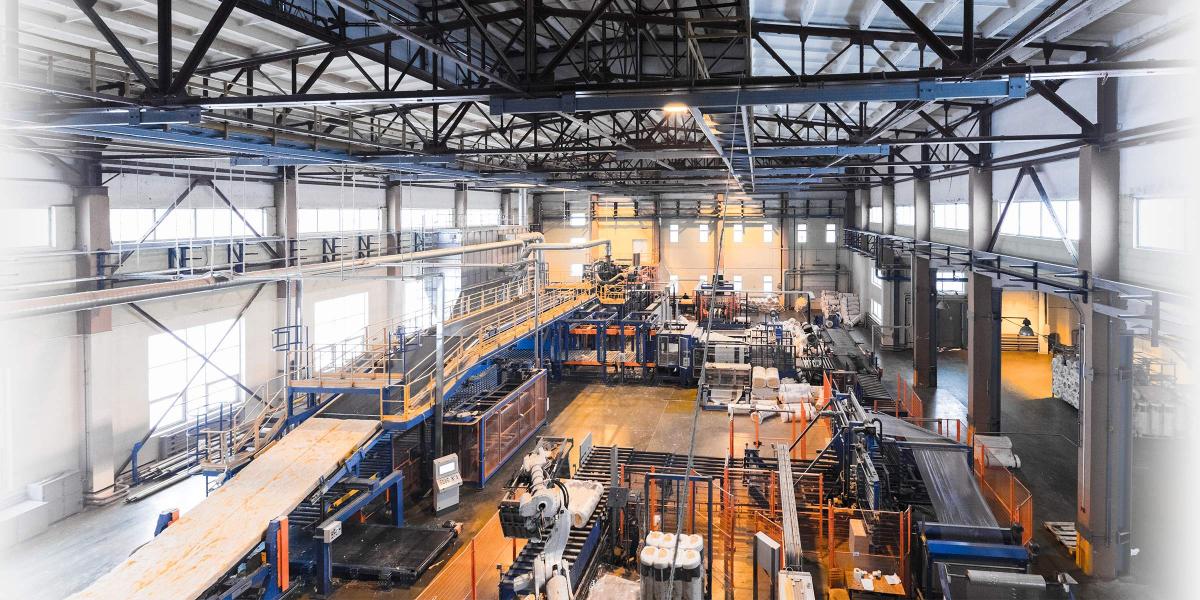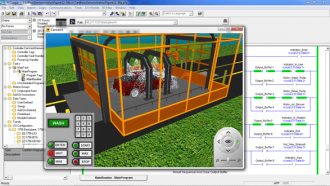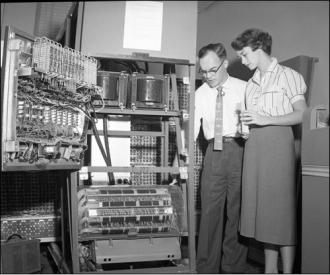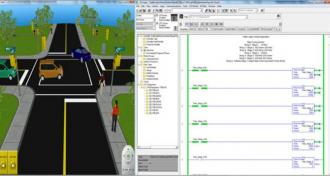
Online technical training blog

Career Tips
Manufacturing is vital to the modern economy, yet millennials rank the sector as one of their least preferred career paths (5th out of 7 in a study by the Nati

Career Tips
To keep up with the demand for skilled workers and quickly changing technology, adults learners need

Career Tips
4 Reasons To Consider Technical Cross-trainingThe demand for skilled technical workers continues to grow with technological

Career Tips
Online courses and programs have gained massive popularity in the past few years, attracting a large and diverse population of learners. Young adults are no longer the only students in these programs—recent research indicates that online students are becoming younger and older!

Career Tips
Computer simulations have greatly evolved with progress in computer science over the past few decades.

Career Tips
In the past few decades, automation has rapidly disrupted and changed industries by redefining responsibilities of existing jobs, and introduced new fields and roles.

Career Tips
You’re thinking about upgrading your technical skills, but still have reservations about going back to school as an adult learner. It’s completely normal to have these feelings.
Career Tips
Two commonly misunderstood types of training are certificates and certifications. Both provide important value, but are quite different in terms of purpose, content, oversight and commitment required to complete them.

Career Tips
With technological developments happening all around us, newly graduated engineers or those who have been in the workforce for quite some time may find it difficult to stay competitive and on-trend within the current field.

Career Tips
Colin Simpson is the Dean of GBC’s Centre for Continuous Learning.

Career Tips
It goes without saying that with no Canadian work experience, it can be very difficult for new immigrants to find a job in Canada`s technical labour market.

Career Tips
Probably the most common question that we get from potential PLC students is “what’s the difference between our PLC and PLC II Technician Certificate programs?”
The answer is a bit technical but we’ll try to keep it short and simple. Both programs provide a thorough introduction to PLCs but with one very important difference. The difference is defined by which generation of PLC technology is covered in the program and emulated, in the accompanying simulation tool.